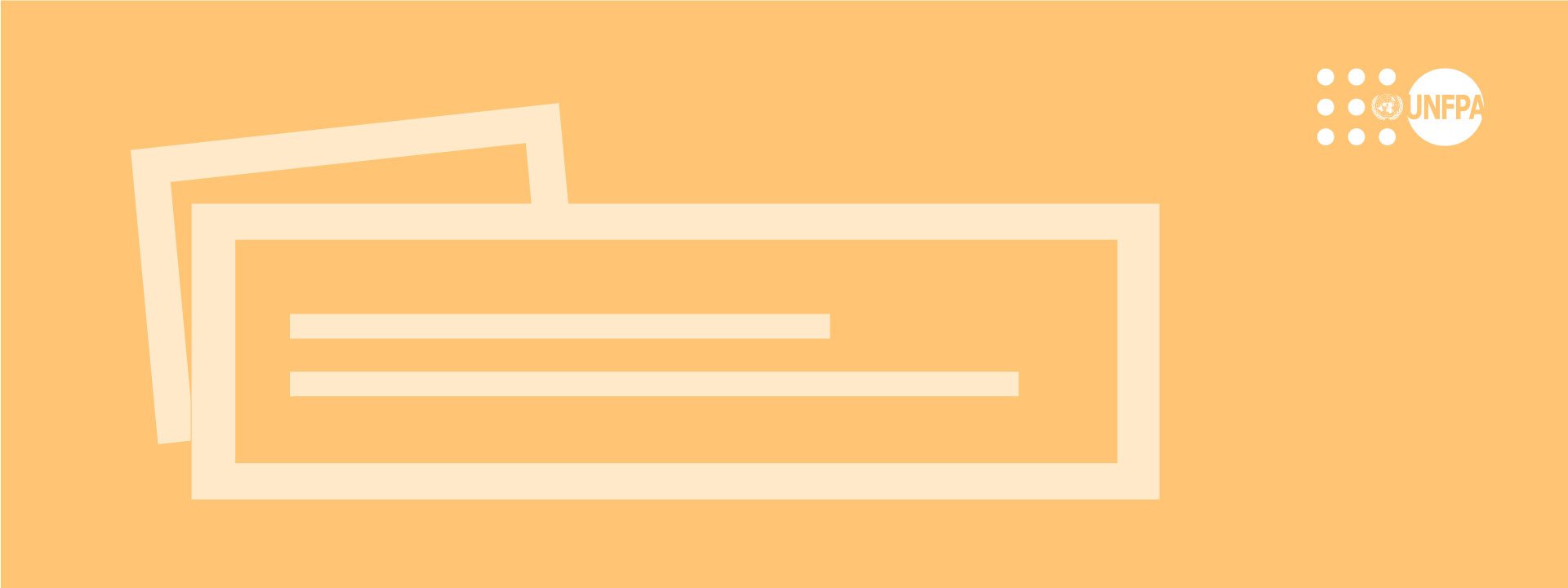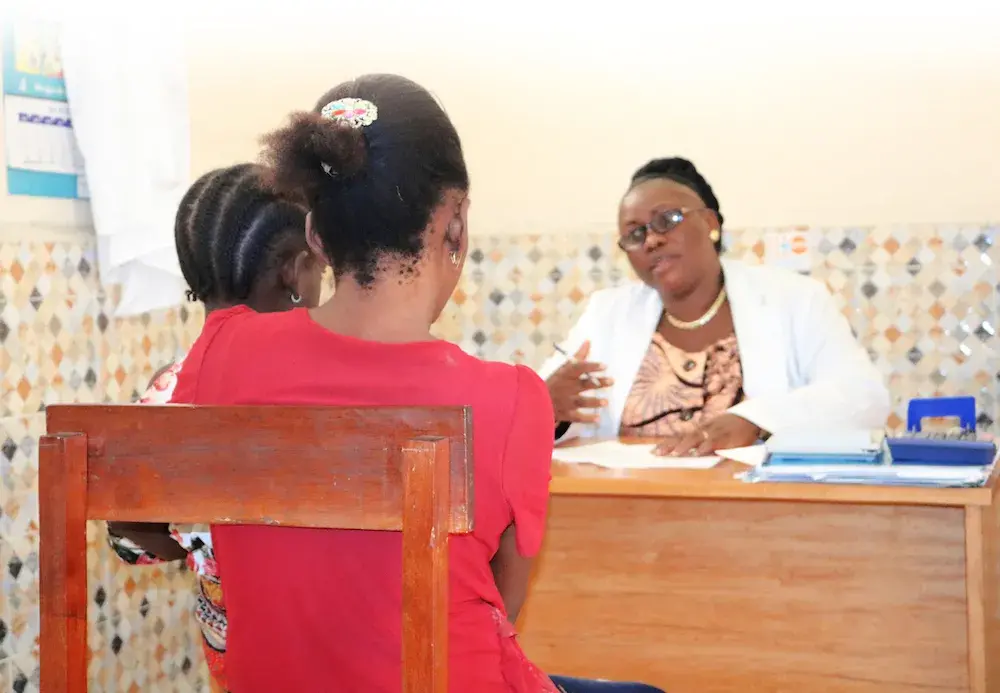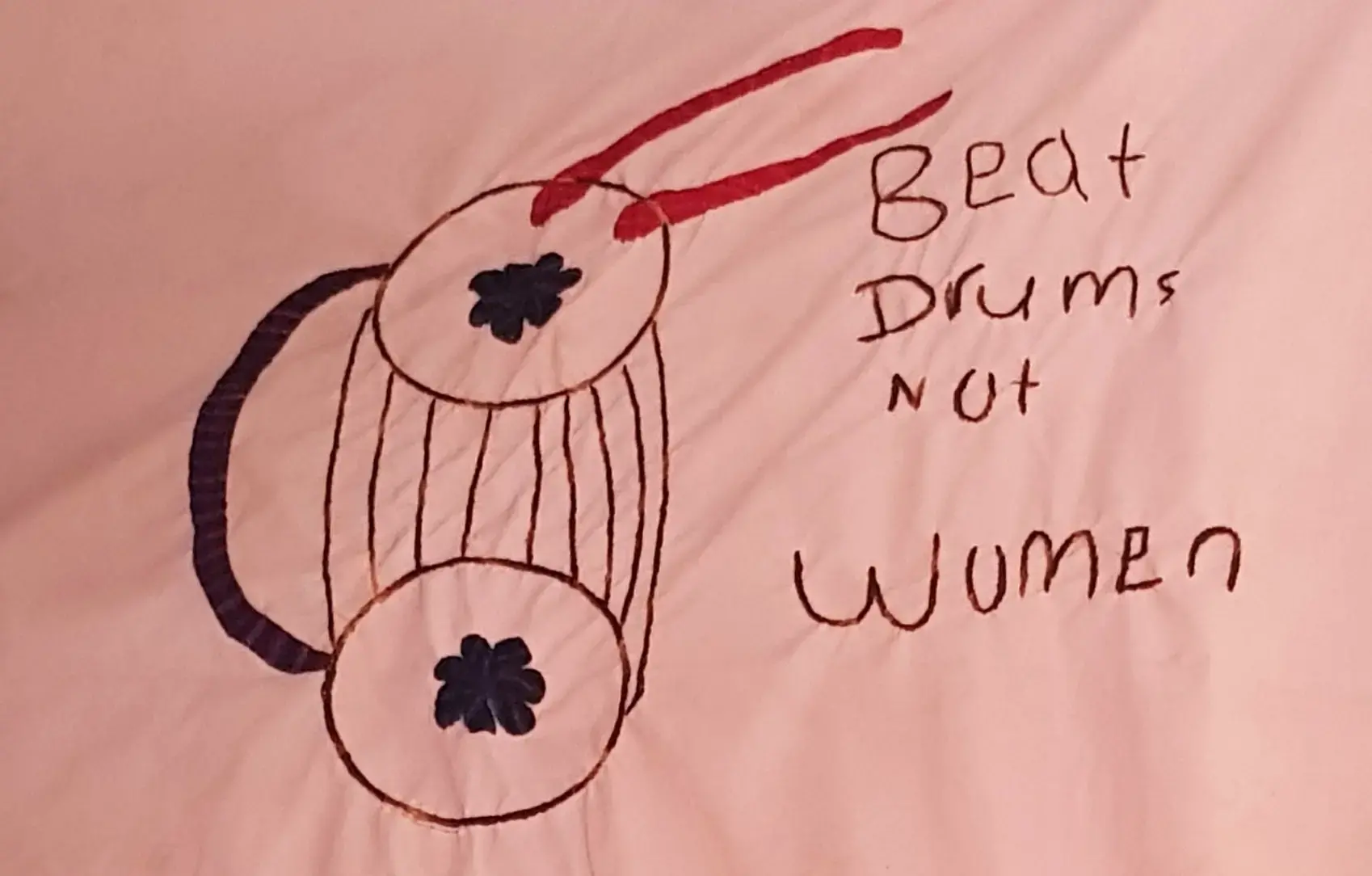South Sudan is gripped in the twin impact of the protracted humanitarian crises and the patriarchal socio-cultural milieu that puts women and girls at the disadvantageous position and resultant high levels of gender-based violence and social exclusion. The 2020 Human Development Report ranked South Sudan 188th out of 189 countries on the Human Development Index (HDI). The rate of child marriage in the country is estimated at 52 per cent, with a direct negative impact on the health, resilience and productive capacity of survivors, leading to increased poverty and creating a self-reinforcing cycle of underdevelopment, violence and vulnerability. Child marriage is deeply rooted in gender inequality and harmful social norms. There is limited availability and access to GBV prevention and response services, and a weak capacity and investment for addressing gender equality and social inclusion, including conflict-related sexual violence.
UNFPA Response:
Gender transformative and human rights based approaches are one of the five key accelerators for addressing gender equality as per the UNFPA South Sudan Country Programme 2023-2025. UNFPA South Sudan follows a holistic approach for addressing gender equality and social inclusion through prevention of GBV, protection of the survivors of GBV, participation of men and boys as allies of gender equality, changing the social norms that perpetuate inequality, generating data and evidence to understand the scale of GBV and supporting the government for gender sensitive legal frameworks.
UNFPA works with diverse stakeholders to empower women, youth and vulnerable groups to demand and exercise their political, economic, social, environmental and cultural rights. The approaches used by UNFPA are:
- Providing integrated survivor-centred medical, psycho-social and legal GBV response services through the Family Protection Centres/ One Stop Centres and linking them with community based prevention;
- Localisation and building networks and coalitions of national organizations, especially women and vulnerable groups to provide GBV response services and addressing harmful social norms through intergenerational dialogues, South-South cooperation for learning, knowledge sharing, and institutional capacity strengthening of local organizations;
- Engaging men and boys to act as allies for gender equality using creative mediums as Engaging Men in Accountable Practices, using art, media and dialogues with the young men on gender equality and promoting positive masculinity, and support innovative technology-led initiatives and media engagements to address gender-based violence, SRHR and harmful practices;
- Address harmful gender social norms and discrimination, with an emphasis on strengthening the skills and capacities of young women, adolescents and persons with disabilities to exercise their agency, rights and bodily autonomy;
- Engaging traditional leaders to support implementation of the legal and policy frameworks such as the National Action Plan to End Child Marriage (2017- 2030);
- Strengthen multisectoral, multidimensional partnerships and building capacities of the national and subnational gender machinery, traditional institutions, civil society, and organizations of persons with disabilities and other vulnerable groups for the right to bodily autonomy; development and implementation of national policies and laws on prevention and response to GBV;
- Establishing data and evidence base to understand the scale and prevalence of various gender inequality issues through researches and data;
- Legal reforms for deterrence and prevention of gender based violence and promoting social inclusion.





